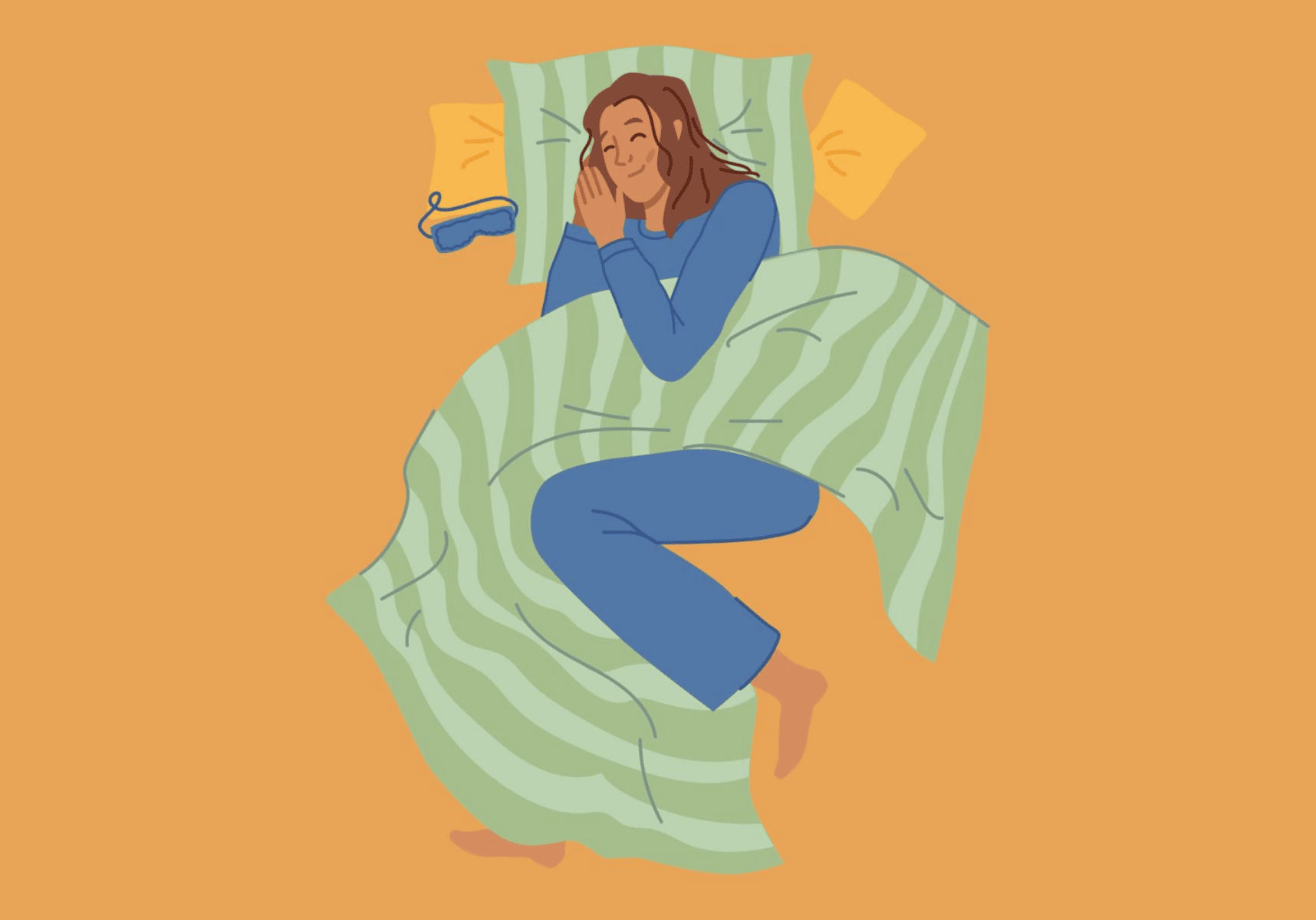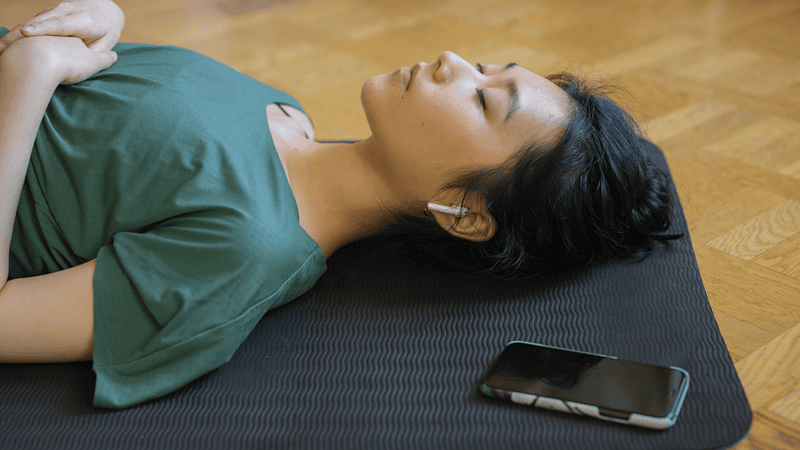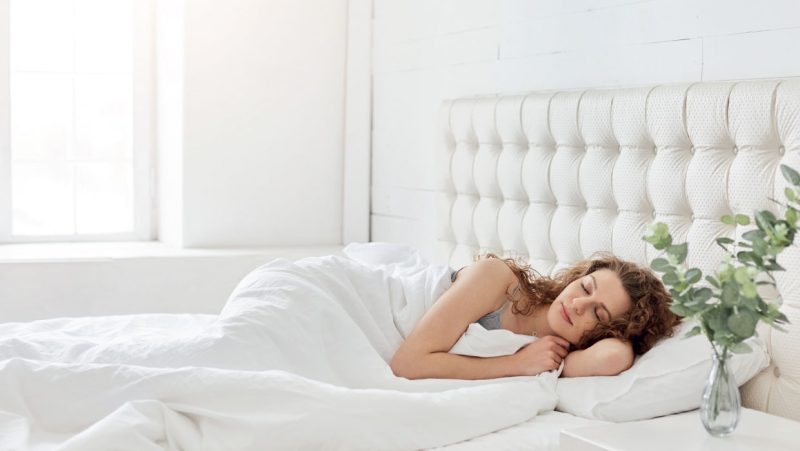
Too many sleepless nights?
Unlocking the Secrets of a Restful Night - By Alison Cullen
Reading time: 5 minutes
Sleeplessness has become one of society’s biggest problems. Most of us have busy, hectic lives and it can be hard to tell if stress is keeping you awake or if exhaustion is making stress unmanageable.
From worries about relationships, work and money, to your sleeping hygiene (yes that is a thing), there are many contributing factors that can result in sleepless nights.
The importance of a regular sleep routine
Seven, eight or ten? When it comes to how many hours sleep each of us needs to feel rested, we’re all different. But did you know it is as important to have a regular sleep routine as it is to get the number of hours at rest?
This is due to your circadian rhythm, or your 24-hour internal clock. It’s always running in the background of your brain, and cycles between periods of sleepiness and alertness. It’s also known as your sleep-wake cycle. Circadian rhythm changes as we get older, which is why teenagers like to stay up late and an older person may fare better with an earlier bedtime.
Lizard brain in action
The hypothalamus (the most primitive part of the brain - our lizard brain) controls circadian rhythm and keeps the body on a cycle of tasks: repair, sleep, digestion and many other jobs are all lined up for specific times over the course of the day.
Your body clock also takes its cues from light exposure. During the day, light exposure causes the master clock to send signals that generate alertness and help keep us awake and active. As night falls, the master clock initiates the production of melatonin, a hormone that promotes sleep, and it continues to transmit signals through the night to help us stay asleep.
So how can you support your internal clock to prevent sleepless nights?
- Going to bed and waking up at the same time every day will help you establish a sleep routine and make the hours that you do sleep more productive. For those who have to work unsociable hours, keeping as regular a routine as possible in your sleeping and eating habits may mitigate some of the negative effects.
- Keeping all electronic devices, including mobile phones, out of your bedroom will also help you to get to sleep and stay asleep. The blue light emitted by phones and tablets inhibits the sleep-promoting hormone melatonin, and can cause insomnia. Dimming lights in the hour or so before bed will help you to get ready for sleep.
- Too hot? Overheating in bed can disturb your sleep. The ideal temperature for a bedroom is between 16 and 18°C. When your body is cool and rested, it triggers the production of melatonin, the sleep-promoting hormone. During the evening, your body temperature naturally drops, and as morning approaches it rises again, getting ready for the day. This is all part of the shutdown and repair process. If you are waking up in a bog of sweat then your bedroom may be too hot or you need to ditch that high TOG duvet.
- Watch your caffeine intake. Stimulants like caffeine can keep you awake and throw off the natural balance between sleep and wakefulness. If you’re having trouble sleeping, avoid caffeine after noon. If you’re very sensitive to caffeine, you may need to limit yourself to just one cup in the early morning.
- Chronic stress (stress that is ongoing and long-term) has been linked to many health conditions, including sleep problems. B vitamins are great for stress and essential for the health of the nervous system. Because they are water-soluble, they are not stored the way fat-soluble nutrients like vitamin D are. If the diet or digestive system is poor, or if there are extra demands on the mind and body, it may be necessary to increase the intake of B vitamins to avoid running low. Foods that are rich in these vital nutrients include, green leafy vegetables, wholegrains, beans, meat, dairy and eggs.
- Marvellous magnesium. Another sleep-supportive nutrient is the mineral magnesium. It is needed for over 300 biochemical reactions in the body, including nerve and muscle function. It helps keep our bones, glucose levels and immune system healthy, and it’s important for maintaining energy and aiding sleep.
- Having trouble nodding off? A natural sleep remedy can also help. A.Vogel’s Dormeasan® Sleep (£11.99 for 50ml, avogel.co.uk) with extracts of fresh Valerian and Hops can help you get to sleep and also stay in the deeper stages of sleep for longer. Take 30 drops in a little water half an hour before bedtime.







